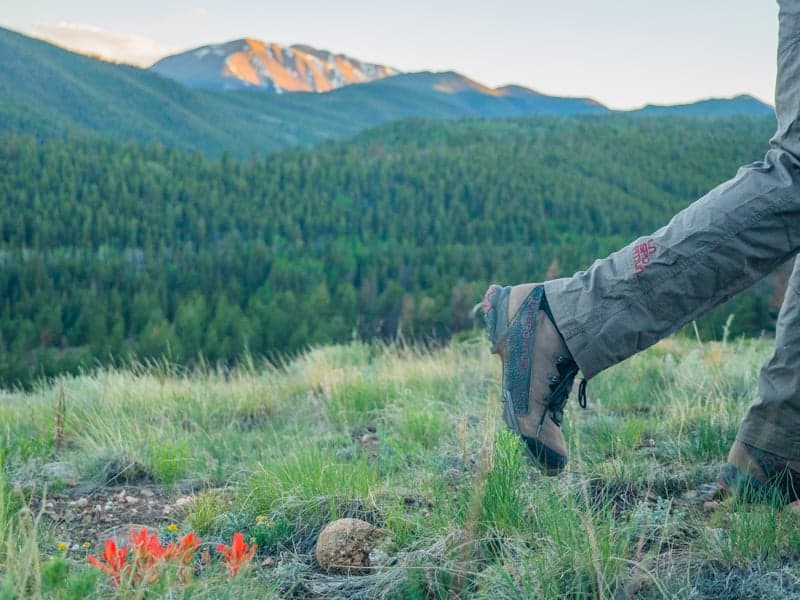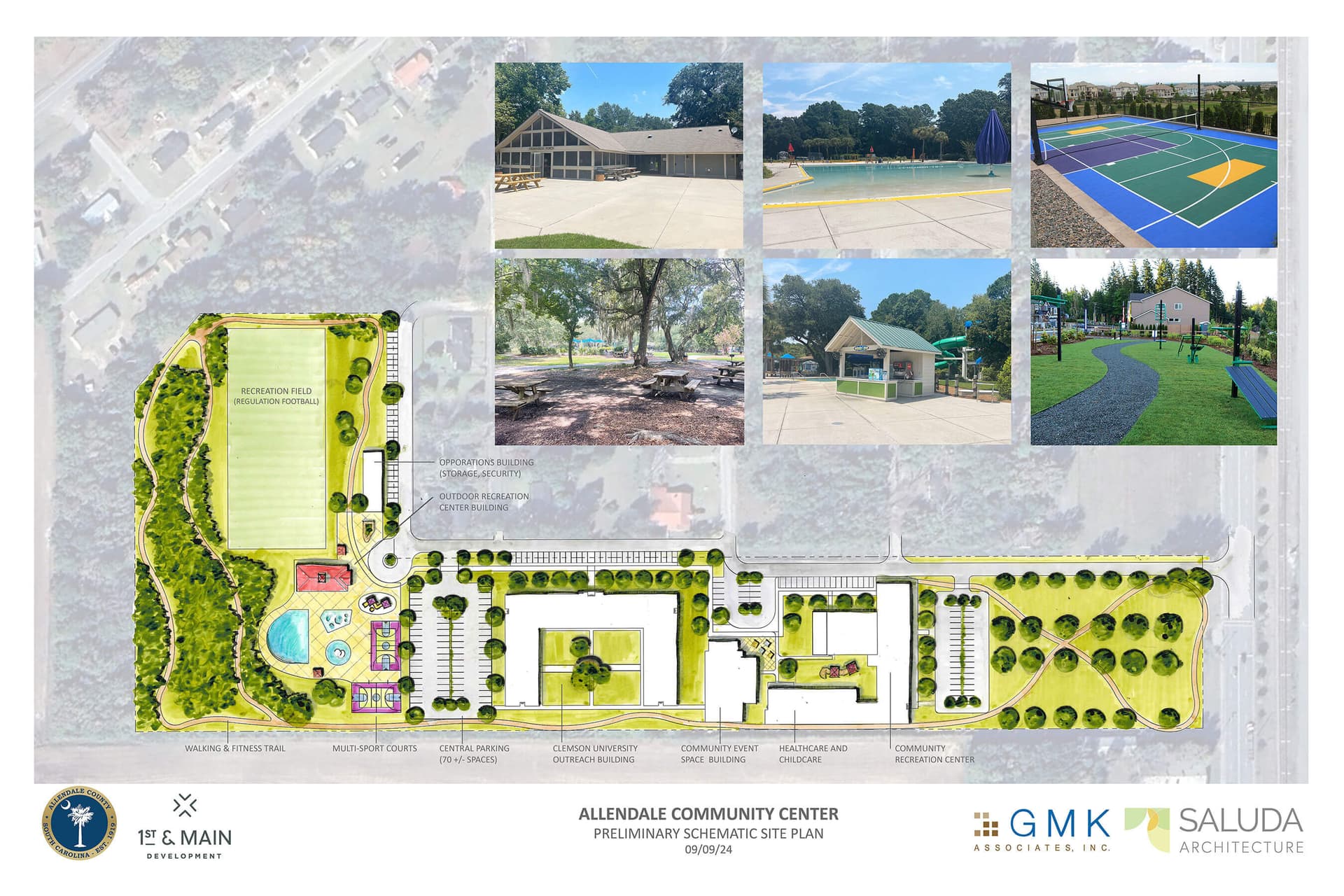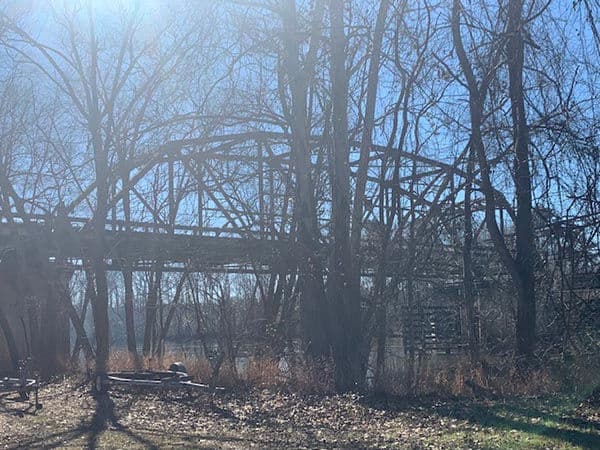How to Use Allendale County Outdoors Responsibly, and Where to Get Information
Local residents and visitors can safely enjoy Allendale County outdoor areas by confirming land access, following state licensing and safety rules, and coordinating with local partners for group outings. Knowing who manages land, where to find SCDNR and county guidance, and how to plan for safety and conservation helps protect public access and local resources.

Allendale County offers public boat ramps, county and state managed wildlife lands, creeks and oxbows, and public road side fishing access, but land ownership varies and users must verify access before entering. Some parcels are privately owned, others are federal or state trust lands, and some are county owned. Confirming ownership and permitted uses is the first step for anyone planning a hunt, fishing trip, boat outing, or group nature visit.
Hunters and anglers should consult the South Carolina Department of Natural Resources for current season dates, bag limits, licensing requirements, any required permits, and available safety training. Licenses and regulations change seasonally, and relying on up to date information from SCDNR ensures compliance and reduces the risk of fines or unintentional trespass. Landowners and managers can seek agricultural and property advice from Clemson Cooperative Extension, which also offers guidance on balancing recreational use with land stewardship.
Safety and conservation practices matter on every outing. Recommended precautions include wearing hunter orange when hunting, carrying appropriate boat safety equipment, filing a float plan for solo or remote trips, and knowing when to contact local law enforcement or emergency medical services. Visitors should practice leave no trace principles to protect habitats and water quality, and anglers should observe bag limits and other conservation rules to sustain fish populations.
For small scale nature tourism and community benefit, organizers should coordinate with local businesses to support lodging and food services, plan for parking logistics, and address event liability through proper insurance and permits. Local planning or parks offices can provide maps, rules for group events, and information about volunteer stewardship programs that help maintain trails, ramps, and public access points.
Practical checklists for outings and for property owners with recreational value should include verifying parcel ownership, checking SCDNR seasons and license rules, confirming parking and access arrangements with the county, and preparing safety equipment. Residents can contact SCDNR, Clemson Cooperative Extension, and the Allendale County planning or parks office for authoritative rules, maps, and program details that protect public access and support local economic and conservation goals.


